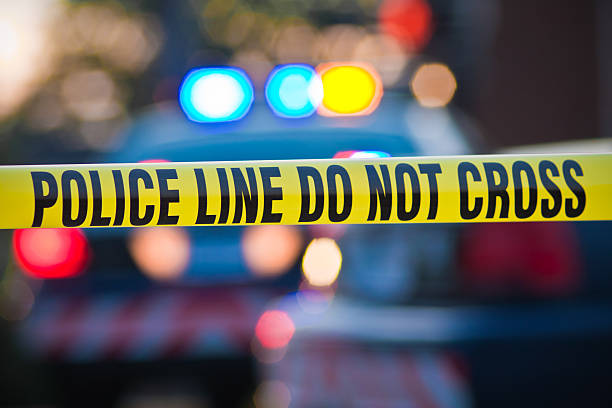
Few of us choose when we die, but where we die can raise difficult legal consequences. Your family may face legal hardships when you die alone at home.
If you are the sole resident of your home and die in the home alone, several parties – including the local police – show up to remove your body and “police tape” your front door. This is the equivalent of having yellow and black “Crime Scene” tape around your home. Once this happens, if your family enters your home they could face criminal charges.
While the authorities will take steps to safeguard your pets, everything else in your home – from your jewelry and personal belongings to prescription drugs – are just waiting there for someone with less scruples than your family to break in and take for themselves. Meanwhile, any records or documents your family could use to collect your assets are locked up, possibly including your original Will and mail with statements and tax paperwork. Bugs appear, the trash starts to stink, even the rotten milk in your fridge will have time to fully evolve into a City Council member. Good Guys lose, Bad Guys win, and many of your postmortem plans get thrown into disarray.
Your next of kin or Executor will have the right to ask the local police precinct to open the apartment once the Court grants you access (I.e., after someone pays legal fees). But what if you don’t want your next of kin to gain entrance to your home and your Will is locked in there so your Executor cannot get a hold of it? Clearly, dying alone at home can be both a scary ending to your life and create big problems for your estate.
Here are tips to avoid problems that could arise if you die alone at home:
- If you know your death is impending and you are receiving home hospice, the care provider can set up paperwork to avoid lockouts after your passing.
- Leave your original Will with your Executor or current Emphasis on the word “current”: If your attorney is retired or deceased your Will may be anywhere from his basement to the offsite storage room of a law firm you have never heard of.
- When you are ready, have your valuable possessions removed from your home and stored with someone you trust. This includes larger sums of cash: Money has feet, and it is not choosy as to who it is going to take a walk with.
And even if you don’t die at home, give a set of keys to someone you can entrust them with, and if you live in an apartment building see what procedures are needed to have people you choose be able to access your apartment after your death. The more postmortem affairs you manage during your life, the less you will worry when the end of it is approaching.










